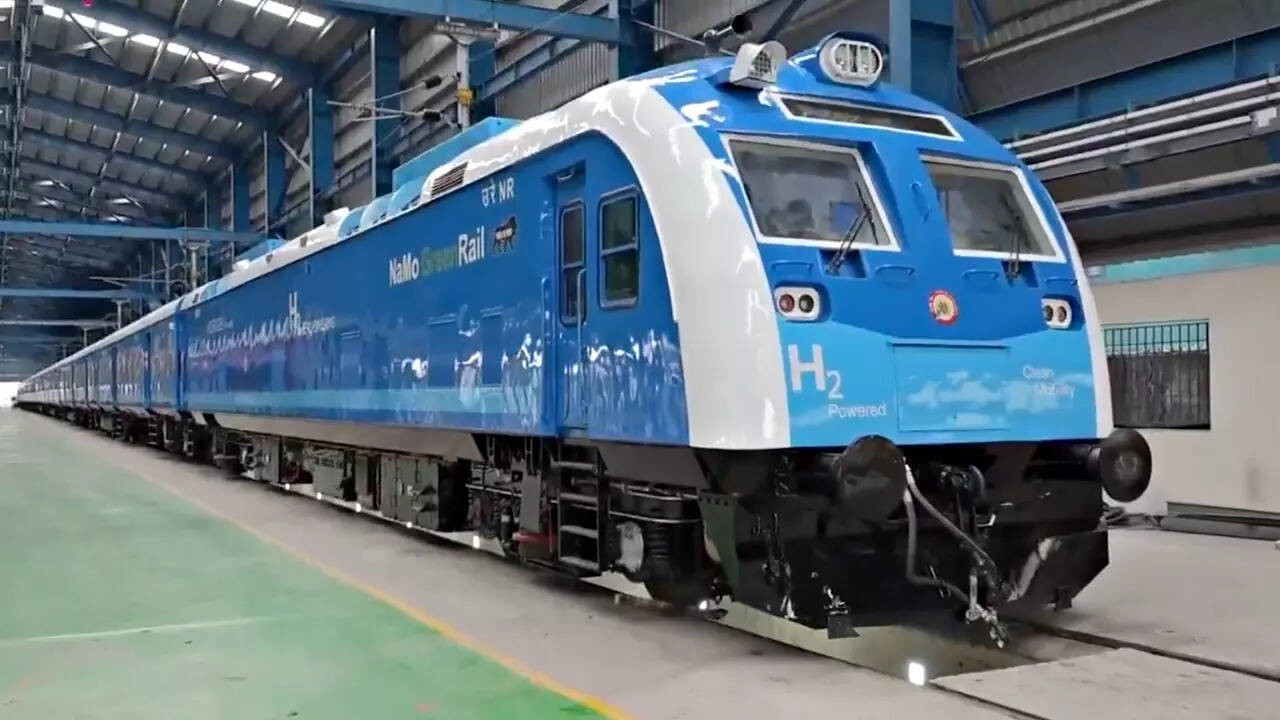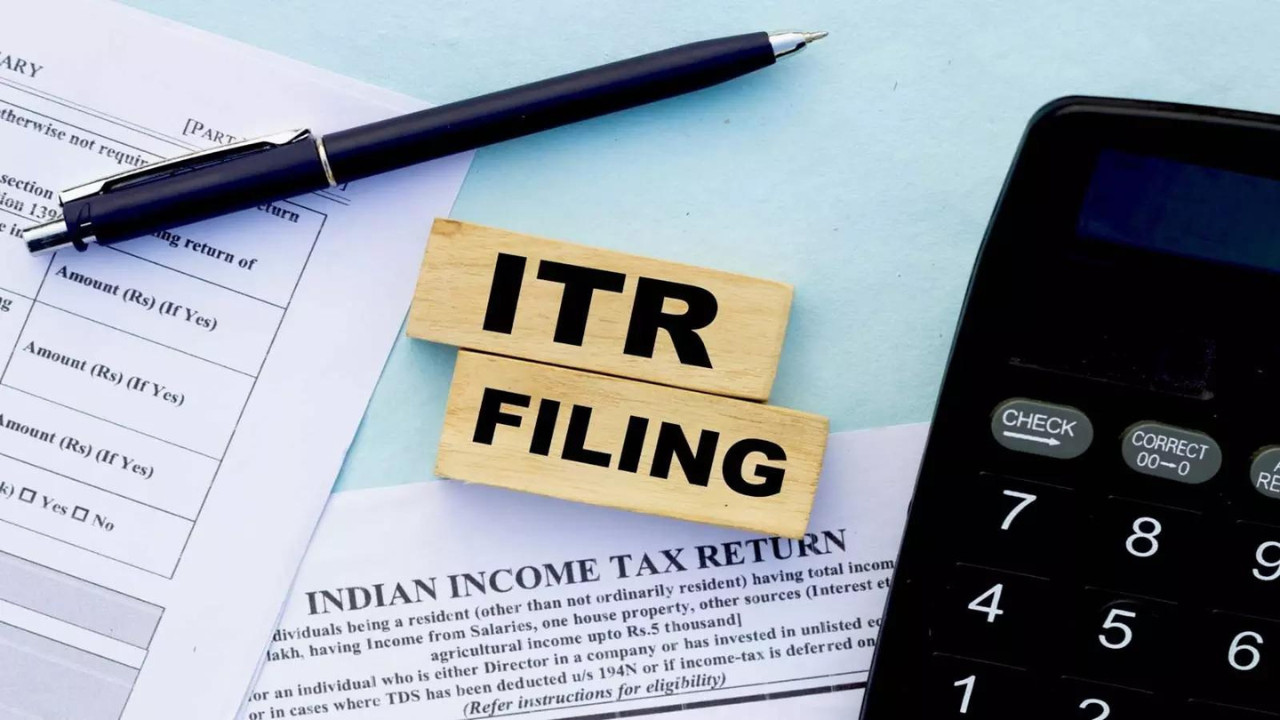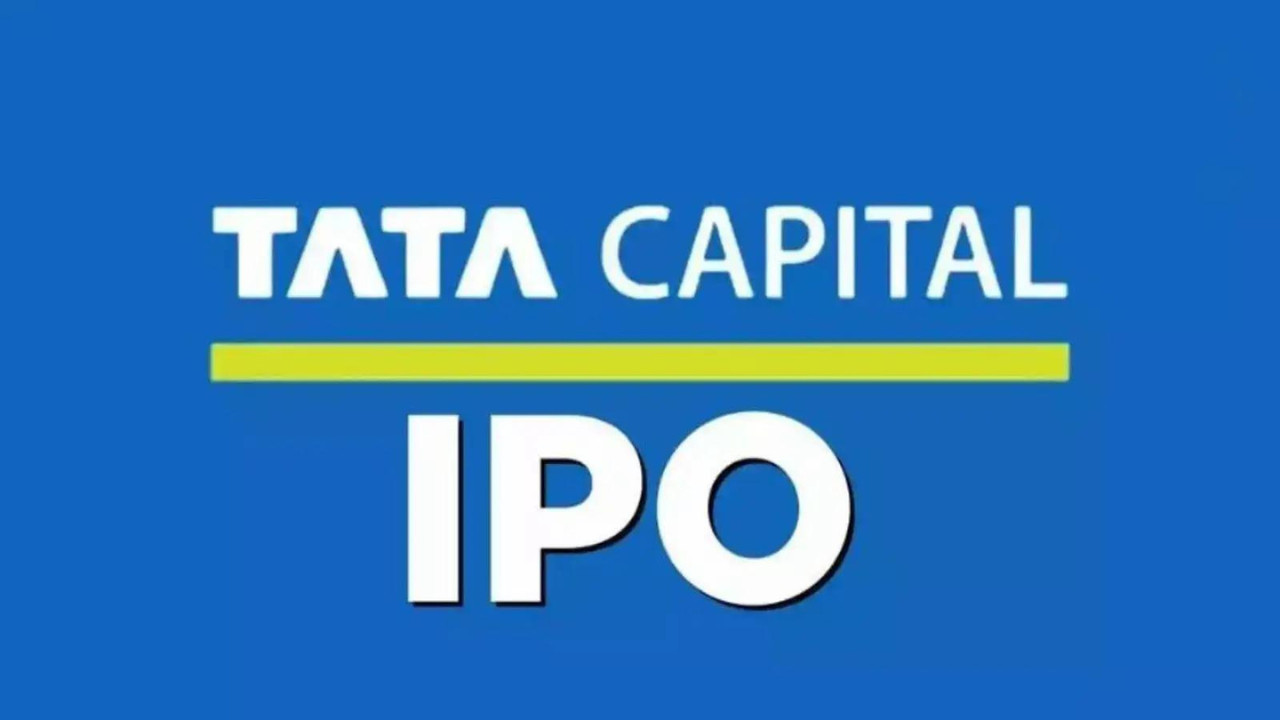Indian Railways is poised to launch its first hydrogen-powered train, marking a significant stride towards eco-friendly transportation. The inaugural service will run between Jind and Sonipat in Haryana, positioning India among the leading nations adopting hydrogen technology.
A Glimpse into the Future: India’s Hydrogen Train Takes Shape
Imagine gliding through the countryside, the only sound the gentle hum of wheels on tracks, leaving behind nothing but water vapor in your wake. This isn’t a scene from a futuristic movie; it’s the near-reality of India’s first hydrogen train, and the anticipation is building. Railway Minister Ashwini Vaishnaw recently offered a sneak peek, and let’s just say, the glimpse into the future of Indian rail travel is exhilarating.
For years, the promise of hydrogen-powered transport has lingered on the horizon, a tantalizing prospect for a cleaner, greener future. Now, that promise is materializing, transforming from a conceptual dream into tangible steel and innovation. This isn’t just about replacing diesel engines; it’s about revolutionizing an entire transportation ecosystem.
What’s the Big Deal with Hydrogen Trains?
The beauty of hydrogen lies in its byproduct: water. Unlike traditional diesel trains that spew harmful emissions into the atmosphere, hydrogen fuel cells combine hydrogen and oxygen to generate electricity, powering the train with zero tailpipe emissions. This makes them an incredibly attractive alternative, especially in a country like India, striving to reduce its carbon footprint and improve air quality. The project underscores India’s commitment to sustainable infrastructure.
But the benefits extend beyond just environmental concerns. Hydrogen trains offer a quieter, smoother ride compared to their diesel counterparts. This translates to a more comfortable experience for passengers and a reduction in noise pollution for communities living near railway lines.
A Closer Look at India’s Hydrogen Train Project
The Indian Railways is not just adopting existing technology; they’re actively participating in its development. The project involves retrofitting existing diesel-electric multiple unit (DEMU) trains to run on hydrogen. This approach is both cost-effective and time-efficient, allowing for a faster rollout of hydrogen-powered trains across the network.
The initial focus is on converting DEMU trains operating on heritage routes. Imagine the Darjeeling Himalayan Railway, a UNESCO World Heritage site, powered by clean hydrogen energy, preserving its natural beauty for generations to come. The possibilities are genuinely exciting. The sneak peek shared by Minister Vaishnaw showcased the progress being made, from the sleek design to the intricate engineering that makes this ambitious project possible.

More Than Just a Train: Building a Hydrogen Ecosystem
The introduction of India’s hydrogen train is more than just a technological upgrade; it’s a catalyst for building a complete hydrogen ecosystem within the country. This includes establishing hydrogen production facilities, developing storage and transportation infrastructure, and creating a skilled workforce to support the operation and maintenance of these advanced trains.
The “Hydrogen for Heritage” initiative, as it’s been dubbed, is anticipated to kickstart a wave of further hydrogen projects. This investment will reduce reliance on imported fossil fuels and stimulate domestic manufacturing, creating new jobs and boosting economic growth. The long-term vision extends far beyond heritage routes, envisioning a future where hydrogen-powered trains are a common sight on railway networks across the nation. This aligns with the broader national agenda of achieving energy independence and transitioning to a cleaner, more sustainable future. This shift to cleaner energy sources for transportation could have significant benefits for public health and the environment.
Challenges and the Road Ahead
Of course, challenges remain. The cost of producing hydrogen, establishing the necessary infrastructure, and ensuring safety are all hurdles that need to be addressed. However, the Indian Railways is actively working to overcome these challenges through strategic partnerships, innovative technologies, and rigorous testing. As the technology matures and the hydrogen ecosystem develops, costs are expected to decrease, making hydrogen trains even more competitive. Learn more about other initiatives by Indian Railways to modernize and upgrade their infrastructure on our [dedicated railway section](insert internal link here).
A Future Fueled by Innovation
The unveiling of India’s hydrogen train marks a pivotal moment in the country’s journey towards sustainable transportation. This project isn’t just about building a train; it’s about building a future where clean energy powers our lives and protects our planet. It signals a commitment to innovation and a willingness to embrace new technologies to address the challenges of climate change. As India embarks on this exciting new chapter, the world will be watching, eager to witness the transformation of its railway network and the dawn of a hydrogen-powered future. The successful deployment of this technology will not only benefit India but also serve as a model for other nations seeking to decarbonize their transportation sectors.







